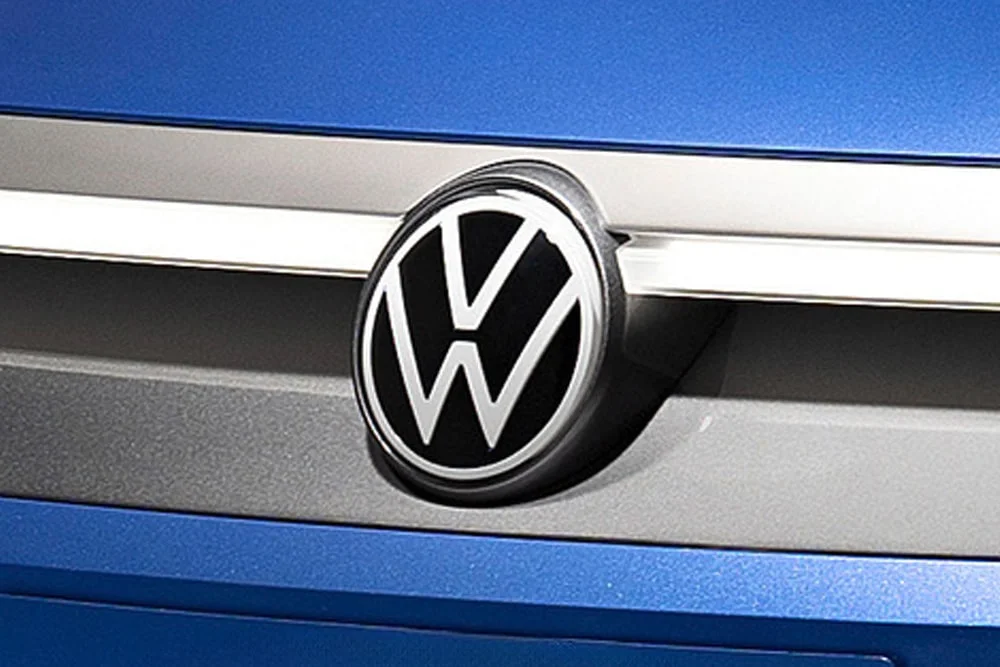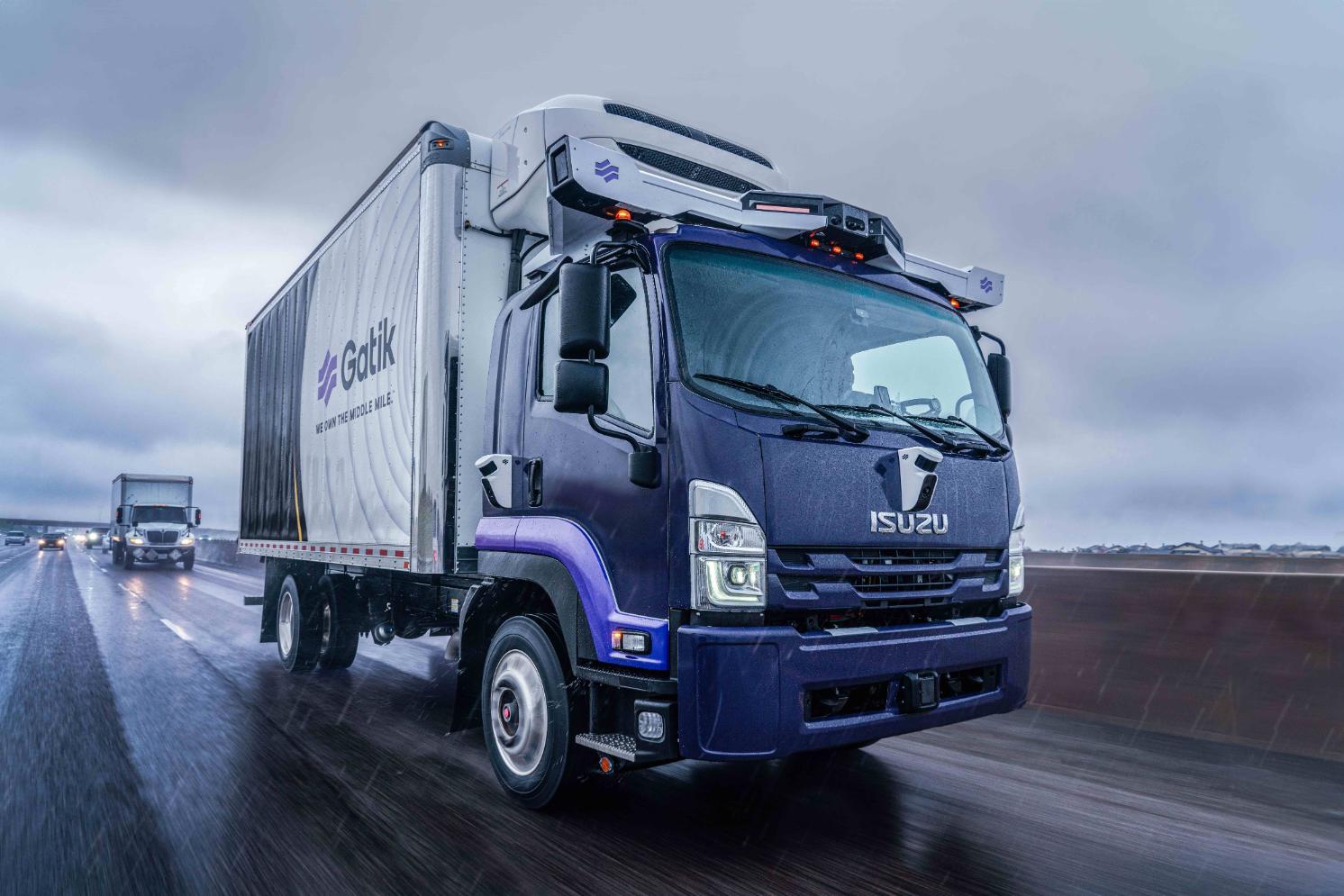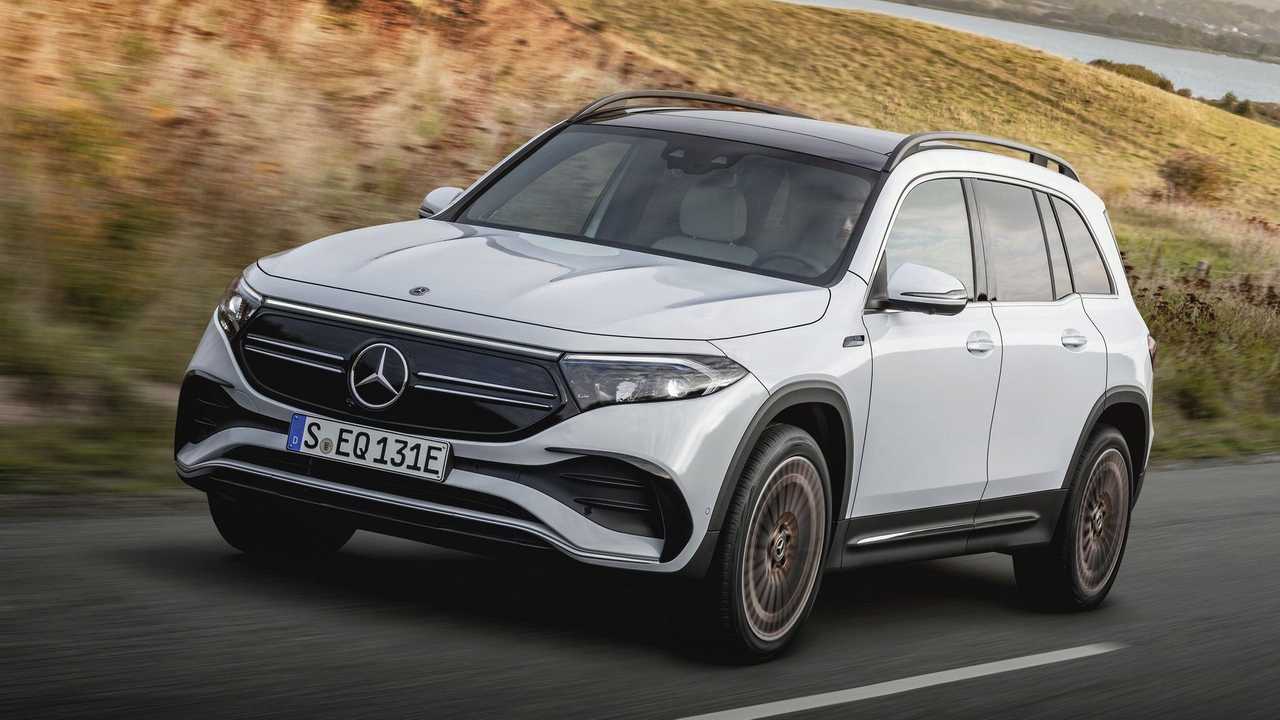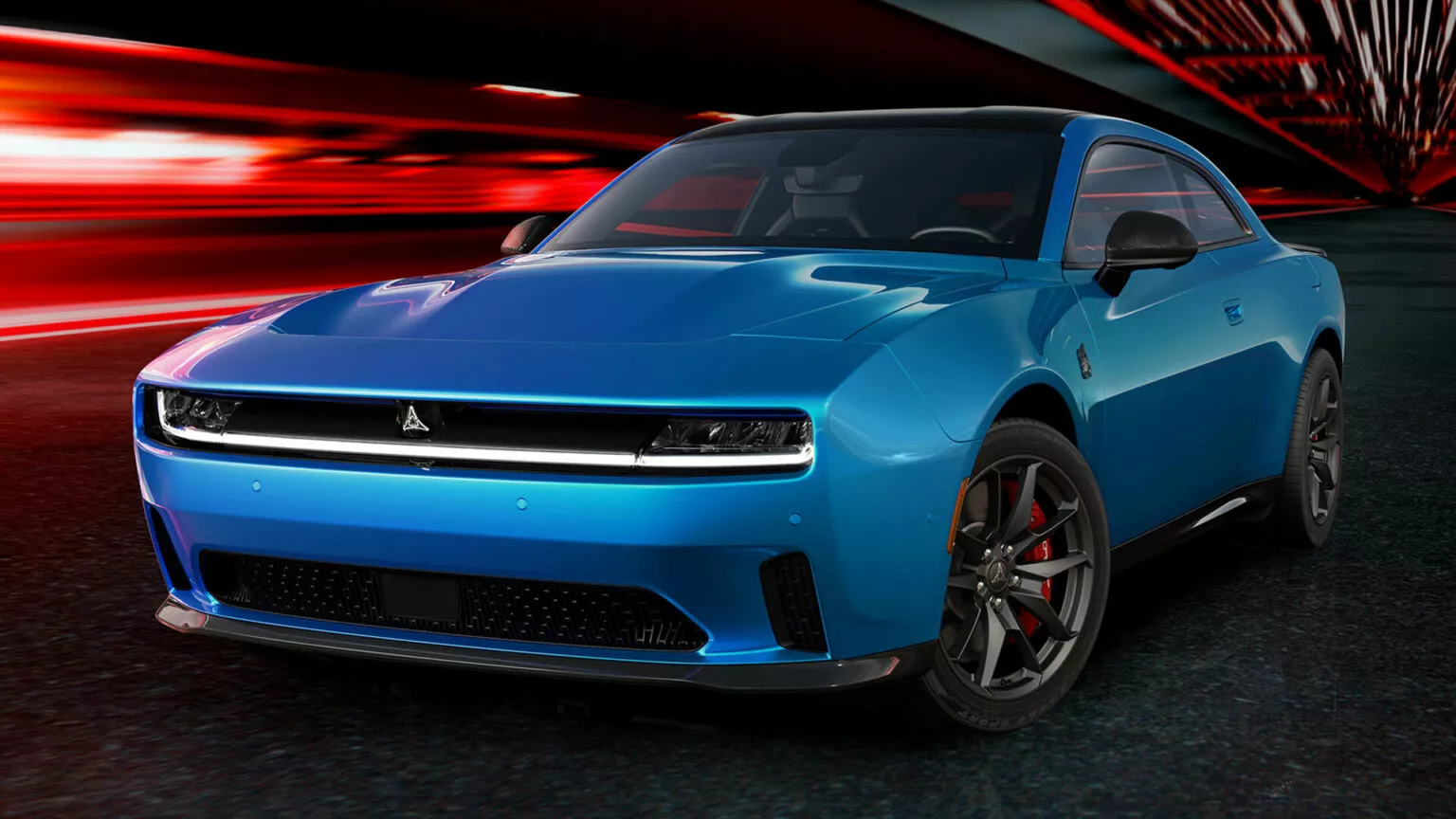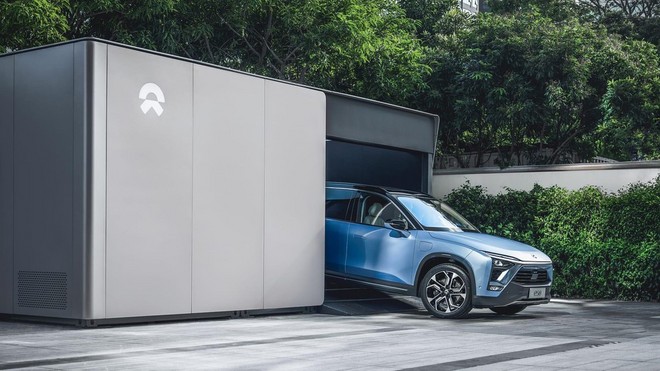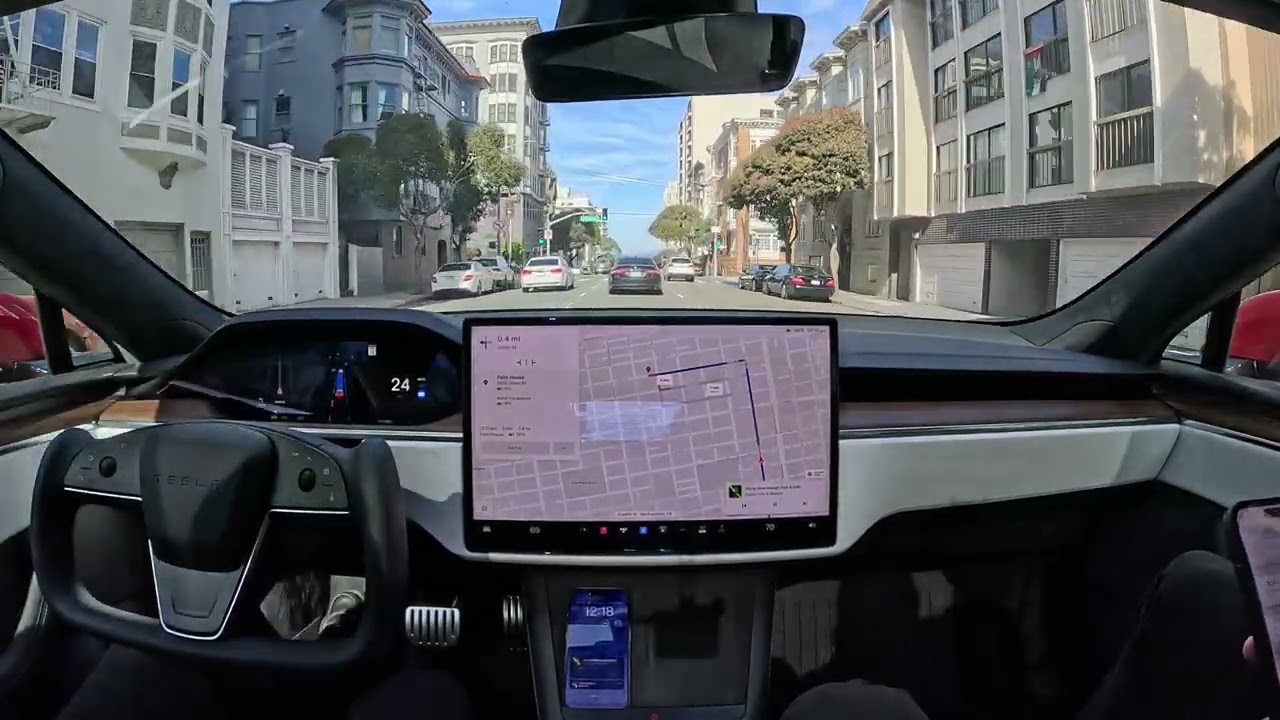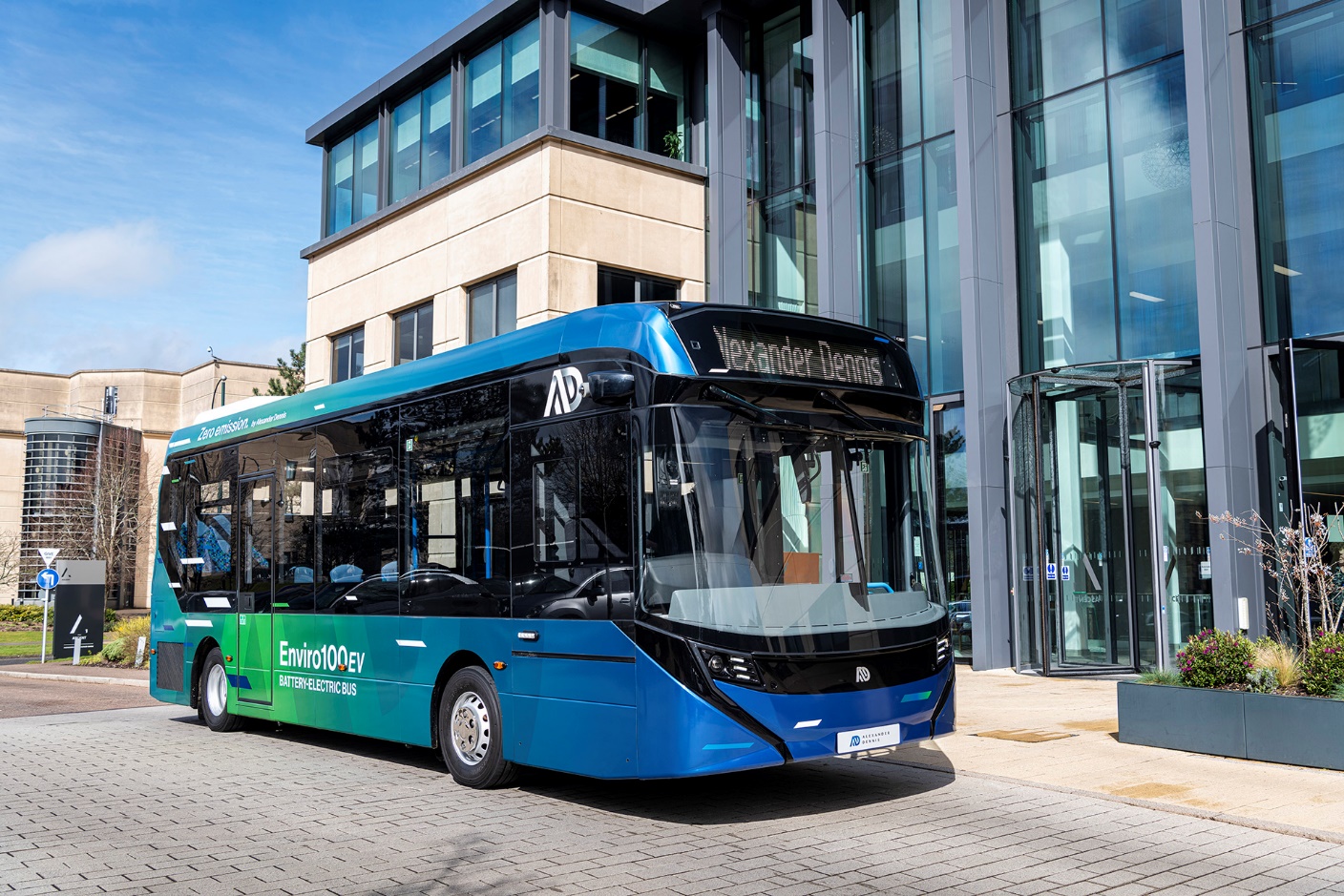Following the TDI emissions scandal, Volkswagen underwent a transformative period under the leadership of Herbert Diess, who envisioned electric vehicles (EVs) as the future of the industry and sought to rebuild the brand’s tarnished reputation. However, with Diess stepping down, Volkswagen’s new leadership is reassessing its approach.
Volkswagen has joined other automakers like Ford, GM, and Mercedes in scaling back its ambitious EV commitments. The brand now intends to focus more on expanding its range of plug-in hybrid vehicles, citing growing customer demand, particularly in markets like China and the U.S.
“We see that customers want plug-in hybrids now, including in China and the US,” remarked Thomas Schaefer, the new head of the VW brand, in a statement to Bloomberg. The company has also decided to forego plans for a €2 billion EV factory in Germany and has halted its search for outside investors for its battery subsidiary, though it remains committed to building gigafactories in Spain and Canada.
Despite Diess’s aggressive electrification agenda, Volkswagen is poised to exceed European emissions targets next year, leading Oliver Blume, the new head of the Volkswagen empire, to appeal to the EU for regulatory leniency.
This shift marks a significant departure from Volkswagen’s earlier proclamations about the supremacy of electric vehicles, with the company claiming victory in the race as recently as 2021. However, under Diess’s leadership, Volkswagen took on numerous projects simultaneously, including the development of two new platforms exclusively for EVs and a battery subsidiary, as well as in-house software creation, which resulted in challenges for buyers and delays in launching new Porsche and Audi EVs.
While Volkswagen may be stepping back from its all-in EV strategy, it remains committed to the technology to some extent. The company is actively seeking European partners to develop an affordable compact battery-powered vehicle and is collaborating with Xpeng to regain market share in China, where consumers have increasingly favored domestic brands over foreign automakers.

